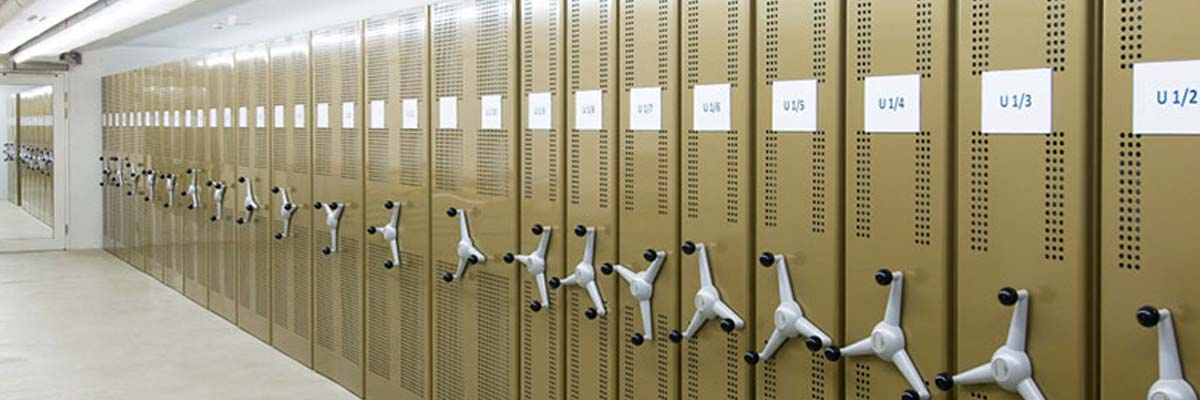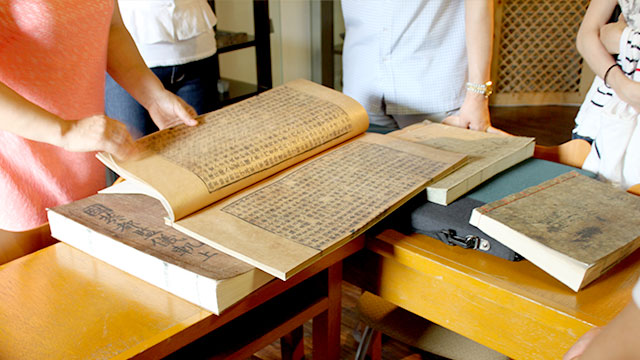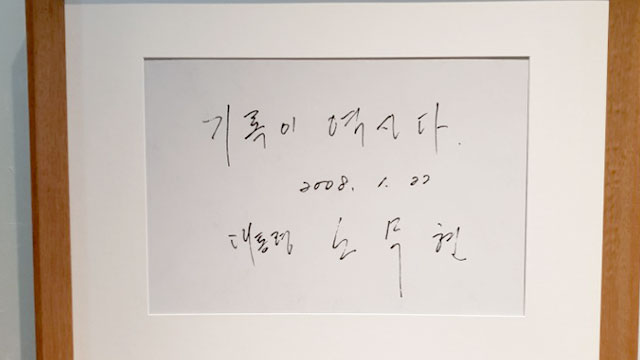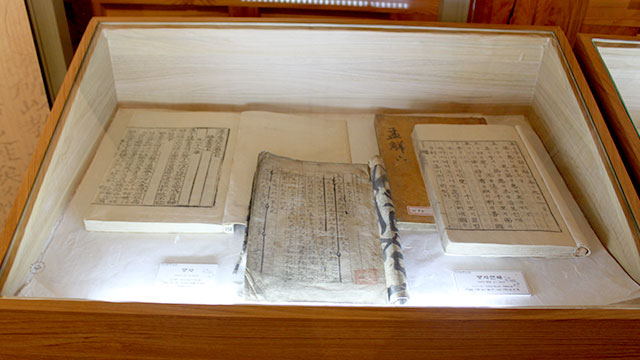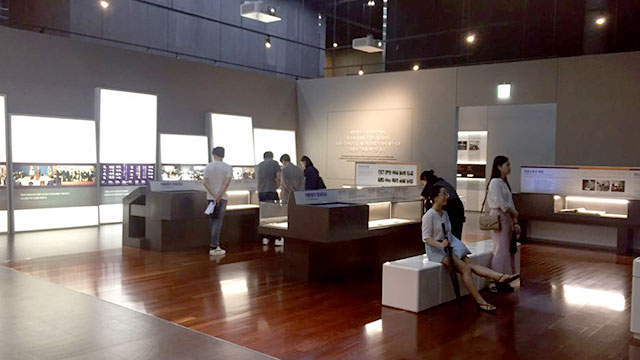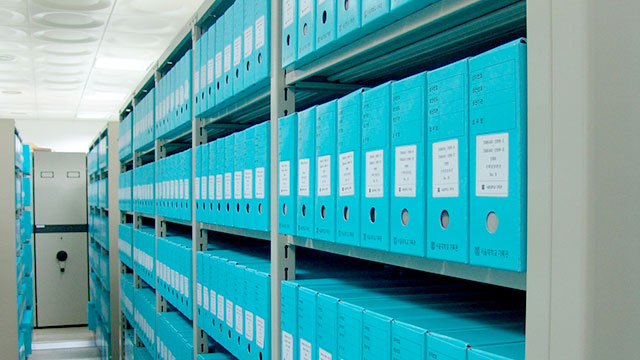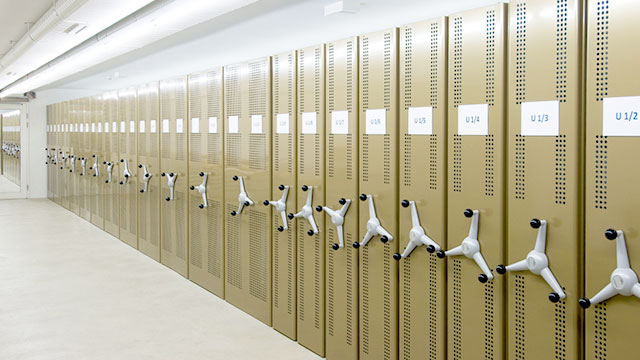Introduction
The Interdisciplinary Program in Archival Science was founded in 2001 as a master's program on the graduate level with the following aims: 1) to preserve, unearth, evaluate and put in order the archival heritage of Korea; 2) to systematically collect, preserve and regulate the various records produced by government offices and public and private institutions; and 3) to offer students professional training in archival science. In order to be a good administrator of archival material, one needs insight into the past and the future as well as understanding of the present. This in turn calls for knowledge that is both comprehensive and specialized, and a high degree of technical skill.
Therefore the program consists of a curriculum that includes courses on public administration, law, history, library information science and other fields in the humanities and social science, as well as courses on computer usage necessary for the information age. Records that are objects of research in the program have clear life cycles with regard to their production, preservation and usage. Records are also classified according to their historical and social provenance as oral, written, voice, image and electronic records. Specialists in archival science need to be familiar with several disciplines and also need intensive professional training in certain areas if they are to handle work in the collection, evaluation and selection of data, their classification and rearrangement, their treatment for preservation, and their display or exhibition for the use of the public. The building up of databases on historical material is having a positive effect on the quality of academic learning.
Students in the program participate in seminars hosted by the Research Institute for Korean Archives and Records, and there are plans to undertake field trips to various archives in Korea and abroad. Due to the rise in awareness of the need for the management of archives, the Government Archives and Records Service and the records section of various government agencies, as well as private business and universities, are all awaiting the arrival of specialists in archival science. Graduates of the program readily find employment at these institutions and are charged with preserving the records of the past, collecting records that have lasting value, sorting them out and keeping them in good physical condition for posterity by use of scientific methods, as well as applying their content to the present for cultural regeneration.
Therefore the program consists of a curriculum that includes courses on public administration, law, history, library information science and other fields in the humanities and social science, as well as courses on computer usage necessary for the information age. Records that are objects of research in the program have clear life cycles with regard to their production, preservation and usage. Records are also classified according to their historical and social provenance as oral, written, voice, image and electronic records. Specialists in archival science need to be familiar with several disciplines and also need intensive professional training in certain areas if they are to handle work in the collection, evaluation and selection of data, their classification and rearrangement, their treatment for preservation, and their display or exhibition for the use of the public. The building up of databases on historical material is having a positive effect on the quality of academic learning.
Students in the program participate in seminars hosted by the Research Institute for Korean Archives and Records, and there are plans to undertake field trips to various archives in Korea and abroad. Due to the rise in awareness of the need for the management of archives, the Government Archives and Records Service and the records section of various government agencies, as well as private business and universities, are all awaiting the arrival of specialists in archival science. Graduates of the program readily find employment at these institutions and are charged with preserving the records of the past, collecting records that have lasting value, sorting them out and keeping them in good physical condition for posterity by use of scientific methods, as well as applying their content to the present for cultural regeneration.

